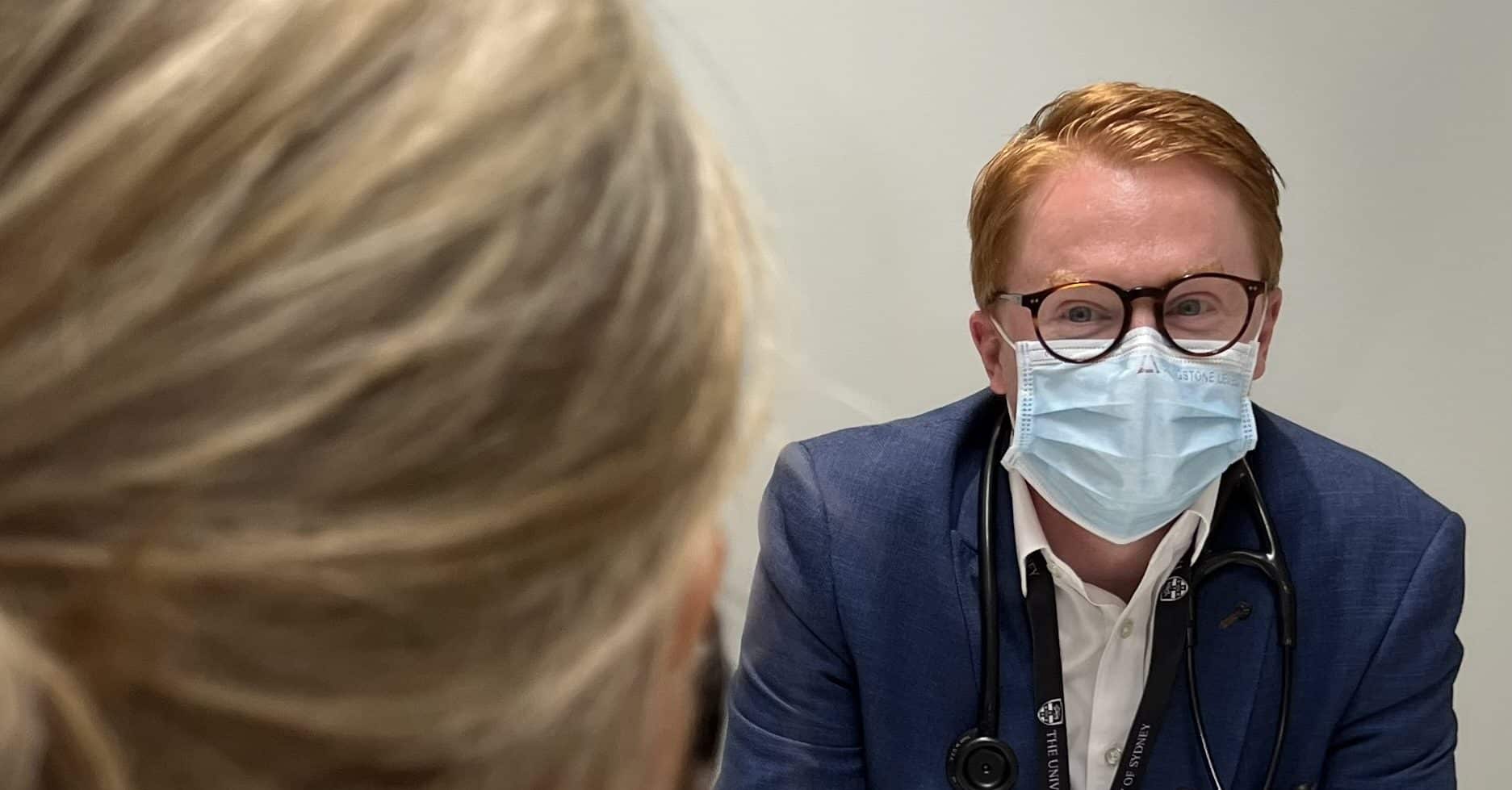Dementia is a topic that many people don’t feel comfortable thinking or talking about.
Dementia is a topic that many people don’t feel comfortable thinking or talking about. It refers to the loss of brain function that affects speech, behavior, thinking, memory and mobility. This decline in mental ability becomes problematic when it interferes with daily life.
Alzheimer’s Disease is the most common cause of dementia accounting for about 70% of cases.
Although dementia mainly affects people as they get older, it should not be considered a normal part of ageing.
Thankfully, early diagnosis and awareness of dementia – and the right treatment and care – can lead to better outcomes and quality of life.
How common is dementia?
According to Dr Desmond Graham, geriatrician at Brellah Medical Centre, the prevalence of dementia is more common than people realise. Here are the statistics:
- Dementia is the second leading cause of death of Australians
- It’s estimated there were 250 new cases of dementia diagnosed in Australia each day
- It’s the single greatest cause of disability in Australians aged 65 and older
- People over the age of 65 have a 1 in 20 chance of developing dementia
- Over the age of 80 that goes up to 1 in 5
- Then up to the age of 100 years there’s a 1 in 2 chance of having dementia.
What are the signs?
Dr Des says that “being diagnosed with dementia can be a very difficult process for people, filled with stigma and denial. Therefore many people avoid seeking a diagnosis until the later stages of the condition”.
Here are the signs to be aware of that should be brought to the attention of a GP or geriatrician as soon as possible.
This is particularly the case as you become aware of these symptoms happening more frequently and affecting your quality of life.
Geriatricians do standardised cognitive testing to diagnose dementia. These check if what you or your loved ones are experiencing is normal memory loss relating to ageing – or if there is something else going on.
Therefore these signs may or may not lead to a diagnosis of dementia.
How is dementia cured?
There is no known cure for dementia. However there are many ways to help manage some of the symptoms and reduce the rate of progression.
Early diagnosis is important. When picked up early there are many things that can be done to address the issue. With the right support from medical practitioners, movement specialists and mental health experts, as well as loved ones and family, people can live well with dementia for many years.
1. Medication
There are medications available to address the complex symptoms of dementia. This includes behavioural issues, anxiety/depression, and sleep disturbance.
Speak with a geriatrician who can discuss this further with you.
2. Keeping the mind and body active
This is essential. Research has shown that regular exercise can benefit mental, emotional and physical health in people with mild cognitive impairment and mild to moderate dementia.
The sooner and longer people with dementia undertake regular exercise, the better their chances are of delaying disease progression or preventing dementia from developing.
The Brellah Move your Mind program has been developed to help with just that. It draws on clinical evidence and expertise to deliver group and individual classes that are engaging and effective. Participants are booked in for an assessment by an Exercise Physiologist to understand their strength, mobility, balance and coordination, in order to tailor an effective exercise program accordingly.
In addition, engaging in social activities and interests that engage the mind that are satisfying and fulfilling can help.
3. Complementary therapies
Also sometimes described as ‘holistic’, things like eating well, supplements, manual treatments such as massage or osteopathy, mind-body practices and music therapy are other forms of treatment that may also reduce depression and anxiety.
What’s the prognosis?
Dementia is on a huge spectrum – some people with the condition can live home alone, and others are in nursing homes needing full time assistance with tasks like showering and eating.
According to Dr Des “The common fear people have is that they’ll end up in a nursing home, but that’s not always the case with the right measures and plans in place. Medication reviews, regular exercise, mood management, socialisation, support services and future planning all can make a difference.
Some of the things that can accelerate dementia are stresses on the brain. These include:
- Infections
- Some medications
- Falls
- Dehydration.
With the right care, dementia can be kept at bay, as opposed to progressively getting worse.
The hardest thing is knowing where to look for information and who to speak to. That’s when you need to speak to a geriatrician”.
Hear Dr Des speak about dementia on Radio 2GB here
This article is for information purposes only. It does not constitute medical advice, is general in nature, not tailored to your personal circumstances and you should seek your own medical advice from an independent medical professional with regards to what options are best for you.
